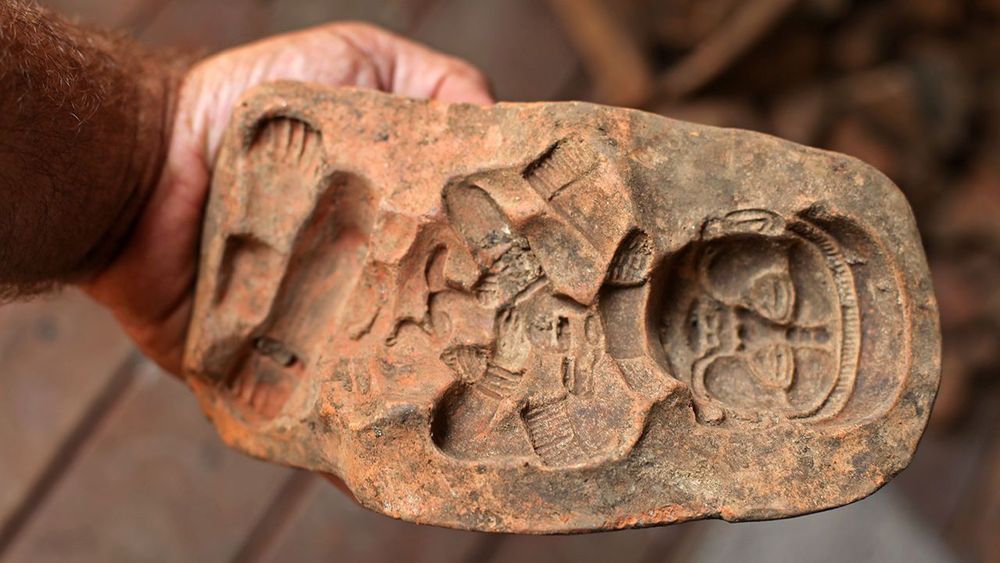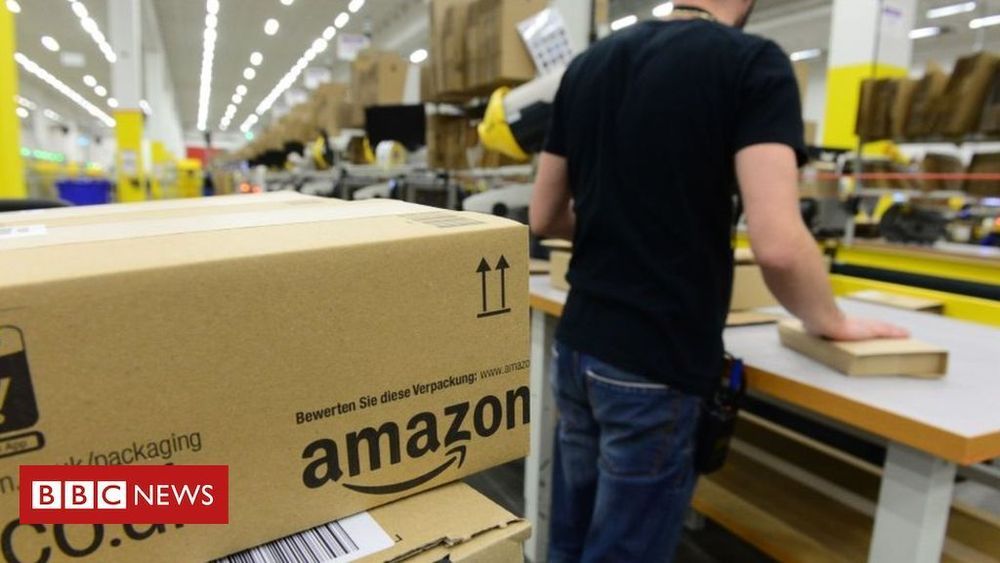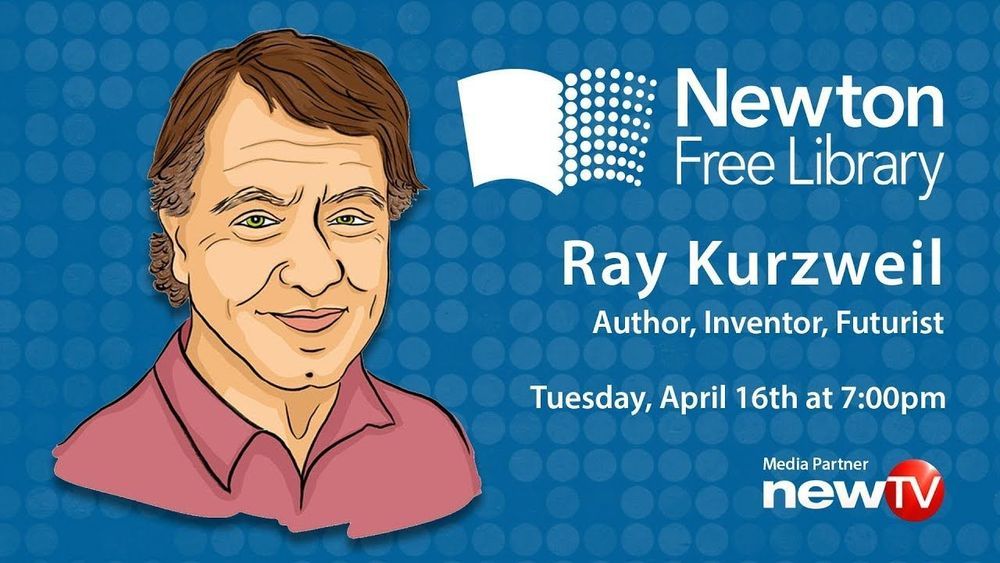Circa 2017
It’s there… and it’s not there.





A mere 17–20 meters across, the Chelyabinsk meteor caused extensive ground damage and numerous injuries when it exploded on impact with Earth’s atmosphere in February 2013.
To prevent another such impact, Amy Mainzer and colleagues use a simple yet ingenious way to spot these tiny near-Earth objects (NEOs) as they hurtle toward the planet. She is the principal investigator of NASA’s asteroid hunting mission at the Jet Propulsion Laboratory in Pasadena, California, and will outline the work of NASA’s Planetary Defense Coordination Office this week at the American Physical Society April Meeting in Denver—including her team’s NEO recognition method and how it will aid the efforts to prevent future Earth impacts.
“If we find an object only a few days from impact, it greatly limits our choices, so in our search efforts we’ve focused on finding NEOs when they are further away from Earth, providing the maximum amount of time and opening up a wider range of mitigation possibilities,” Mainzer said.

Top-rated reviews on popular items are dominated by unknown brands, consumer group Which? finds.



Click on photo to start video.
Lançamento oficial do livro Danielle World na Newton Free Library.
Palestra Ray Kurzweil sobre o futuro da ciência e Danielle World, bem como uma leitura de livro, entrevista no palco, leitura de passagens do livro, e uma breve introdução da ilustradora, Amy Kurzweil Comix.

Liquid democracy is a technologically enabled and scalable hybrid of direct and representative democracy.[2] Liquid Democracy, a subset of Delegative Democracy, is a powerful voting model for collective decision making in large communities. Liquid Democracy combines the advantages of Direct Democracy and Representative Democracy and creates a truly democratic voting system that empowers voters to either vote on issues directly, or to delegate ones voting power to a trusted party.[3]
“Superdemocracy upholds the concept of delegated voting, via systems such as “liquid democracy”. This enables citizens to delegate their votes in specified areas of debate to people whom they trust in these areas. In case someone changes their mind, delegations can be revoked or reassigned at any time.
Liquid democracy is a tech-enabled improvement to those parliamentary systems in which a single elected member of parliament is meant to represent the voter in all areas of debate. With liquid democracy, representation is no longer an all-or-nothing affair. Accordingly, liquid democracy moves away from the unhelpful fiction that politicians are supposed to have been elected to carry out every nook and cranny of their election manifesto. It enables a set of approvals and affirmations that is much more fine-grained — an ongoing dynamic conversation with nuance and inventiveness.”